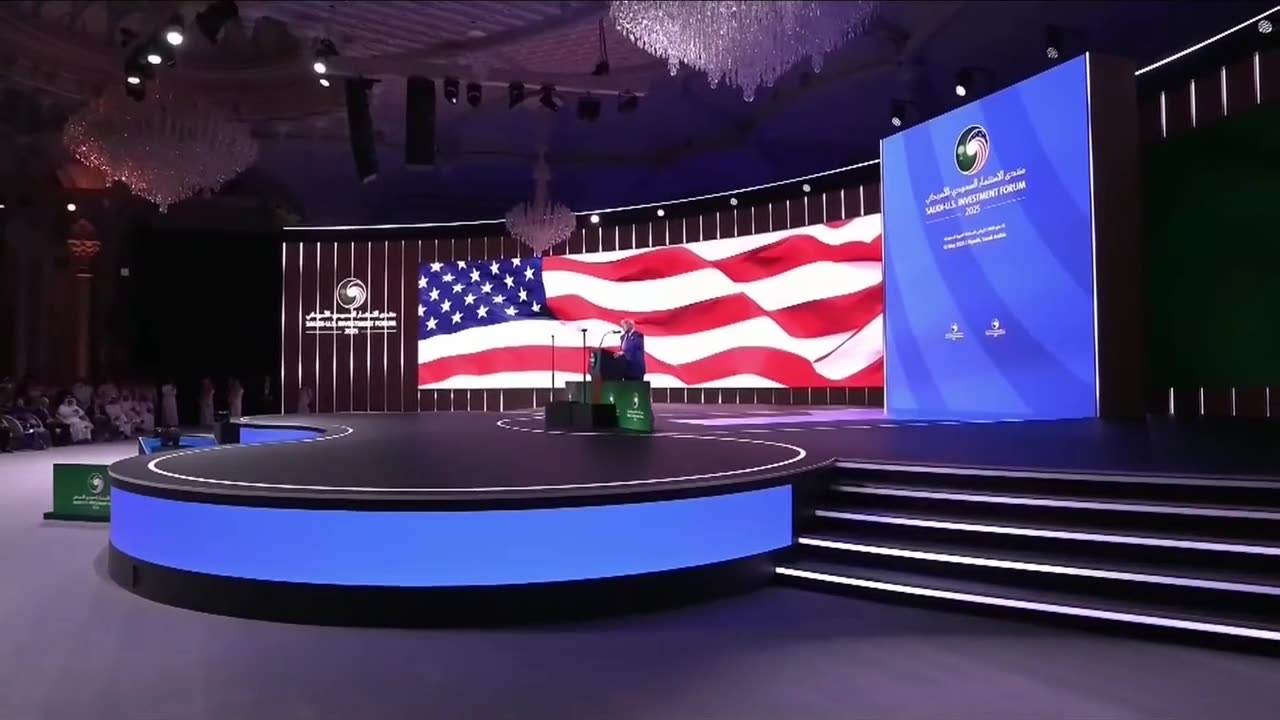If I were still teaching a course on constitutional law, I would use President Donald Trump’s decision to send troops into cities as a classic example of an issue whose resolution is unpredictable. There are arguments on both sides, many of which are fact-specific and depend on constantly changing circumstances.
A few conclusions are fairly clear:
First, under Article 2 of the U.S. Constitution, the president clearly has the authority to send federal law enforcement officials to protect federal buildings or federal officials from danger. Moreover, the president gets to decide, subject to limited judicial review, whether such dangers exist. State and city officials cannot interfere with the proper exercise of such federal authority.
Second, and equally clear, is that if there is no federal interest that requires protection, the president has no authority to intrude on purely local matters, such as street crime. The 10th Amendment and various statutes leave local law enforcement entirely in the hands of the states.
Third, the president has greater authority over Washington, DC, even with the District of Columbia Home Rule Act of 1973, than he does over other cities.
Fourth, there are limited situations in which the president has authority, even if there is no direct federal interest in protecting a federal building or authorities. One such instance is an “insurrection.”
Yet the law is unclear as to a) the definition of an insurrection; b) who gets to decide whether an insurrection, however defined, is ongoing; and c) what is the proper role of the judiciary in reviewing a presidential decision that an insurrection is occurring.
The same is true of an invasion. This is somewhat easier to define, but there will be close cases, such as a dictator sending hordes of illegal immigrants to destabilize a nation.
How do we legally define what’s happening now?
n a democracy, especially one with a system of checks and balances and a division of power such as ours, the question almost always comes down to who gets to decide? Our legal system recognizes the possibility ‒ indeed, the likelihood ‒ that whoever gets to make that decision may get it wrong.
So the issue becomes: Who has the right to be wrong? In most democracies, especially those with unitary parliamentary systems, the right to be wrong belongs to the elected branch of government ‒ namely, the legislature. At the federal level, that’s Congress, under Article 1 of the Constitution.
However, since the Supreme Court’s decision in Marbury v. Madison in 1803, all legislative decisions are subject to constitutional judicial review. Even a majority of the voters or their legislators are not empowered to violate the Constitution.
And if the Constitution is unclear, ambiguous or even inconsistent? I have a cartoon hanging in my office showing one of the framers saying to the others: “Just for fun, let’s make what is or isn’t constitutional kind of wishy-washy.”
Well, on the issue of presidential power to send troops into cities over the objection of local politicians, the Constitution is kind of “wishy-washy.” To paraphrase former Supreme Court Justice Potter Stewart, when he discussed hardcore pornography: “Perhaps I could never succeed in intelligibly (defining it), but I know it when I see it.”
The same may be said of an insurrection. It’s hard to define in advance with any degree of precision except at the extremes, but not so difficult to identify if one sees it.
The legal endgame here isn’t clear, either
The Civil War was an insurrection. Anti-Israel protests on campuses were not. But what about the violence in cities like Portland, where left-wing protesters burned cars and buildings and blocked access in 2024?
Some of these groups would love nothing more than to incite an insurrection, but they lack the power, at least at the moment, to garner sufficient support for anything broader than a violent demonstration or riot.
Does the president have to wait until these quixotic “insurrectionists” have garnered such support? Or can he take preventive steps that include sending in federal law enforcement officials? What about federal troops? Is that different?
These questions will eventually make their way to the Supreme Court, which is likely to try to defer broadly based and categorical answer as long as possible. In the meantime, district judges in cities across the country will rule against the president, except in cases involving protection of federal buildings, federal officials and the nation’s capital.
The president will appeal, and the appellate courts will likely split, depending on the particular circumstances of the cases.
“Wishy-washy” and “we’ll know it when we see it” are the best we are going to get in this complex situation.

















